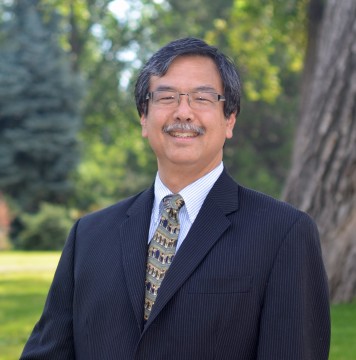Sacred cows are not what they appear to be. They are often merely the threshold, the doorway, into a deeper truth.
Consider this sacred cow:
Great financial planners don’t need a financial planner.
Sacred cows are well supported by reason. Let’s consider the top three:
1. “If I don’t believe I’m ‘the best in my world,’ why should hang out my shingle? I should be taking my own advice.”
While disclosures are required for investment advice, wouldn’t the best testimonial be that every planner considers him- or herself the “best in the world” and disclose that he is invested in what he recommends? That she follows her own advice? After all, if you do not trust your own financial planning advice, what are you conveying to your clients?
2. “It’s an unnecessary cost. I have enough to address with infrastructure/client issues.”
Like any other business owner, a financial advisor looks for ways to effectively cut costs. Would hiring an outside advisor to manage your own portfolio and oversee your financial plan be an unnecessary expense?
3. “I am a professional. It’s my job to be objective.” (See also Sacred Cow #2).
You chose to undergo the rigor of certification—whether for a CFP, a CFA, or a ChFC—to demonstrate your excellence and expertise in providing financial advice. Financial advisors are required to be thorough and careful to advise within the constraints of a client’s objectives, budget and preferences. If you cannot do this for yourself, how can you do this for your clients?
Really?
Let’s look at each of these reasons from the other side of that doorway, from the perspective of another financial planner.
1. Why I may not be The Best in the World. While every advisor should believe that she is the best in her world, she cannot be the Best in the World. I have yet to meet any advisor who is omniscient! No advisor or even group of advisors can claim to have a corner on the truth of financial advising. Every advisor can benefit from an outside perspective on his own financial life.
2. Cost vs. investment: In assessing fees for service, we remind clients that it is the least invasive way to access our expertise and most closely align their interests with ours. The better my performance of managing your assets, the more I get paid. It’s as though we’re focusing on the fees rather than the investment itself! We advise clients on the necessity of our professional services to empower them to meet their financial goals. (Oh, the irony of how I view my own profession!).
3. Wisdom of crowds: It’s impossible to be self-referential yet maintain objectivity. When I look at a reflection of myself, I see something other than what another outside pair of eyes sees. Where I might see sags and bags—or myself as a strapping 25-year-old long after my youth has passed!—outsiders, if looking at my “best self,” see a rather well-rounded human being who lives and has hopes, dreams–and whose plan should reflect his holistic identity.
The sacred cow “Great financial planners don’t need a financial planner” should be put down because:
- I recognize that I am NOT omniscient. If you are, then spare the cow!
- I need to spend time in the client’s seat. What we are really investing in is both the expertise of the planner AND our clients’ experience. Most other care-giving professions require evaluation by a colleague, so why not planners? Some of our best perspective and judgment come from time spent on the client side of the table.
- I may suffer from “Cobbler’s syndrome.” Just as doctors often make the worst patients—due to training, pride and ego—so too, financial planners need to overcome their own version of the cobbler’s syndrome. By law, planners are required to execute trades to the advantage first of their clients, and then themselves. Wouldn’t you rather have someone else committed to acting in your best interest?
Toolkit:
If you are a financial advisor/planner, consider getting your own advisor! (Or share with us why this is a bad idea).
If you work in another industry, how might these principles apply to you?




